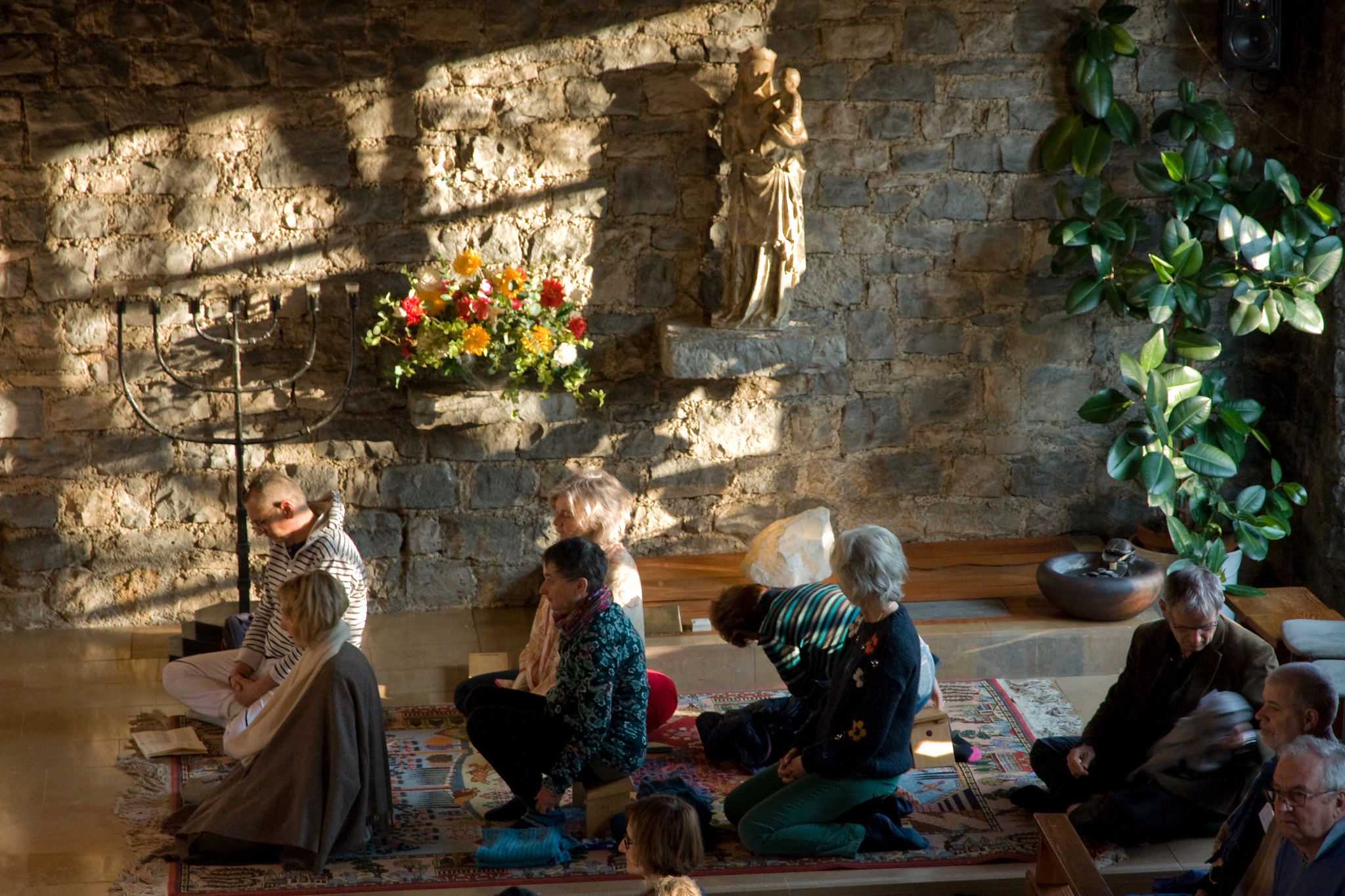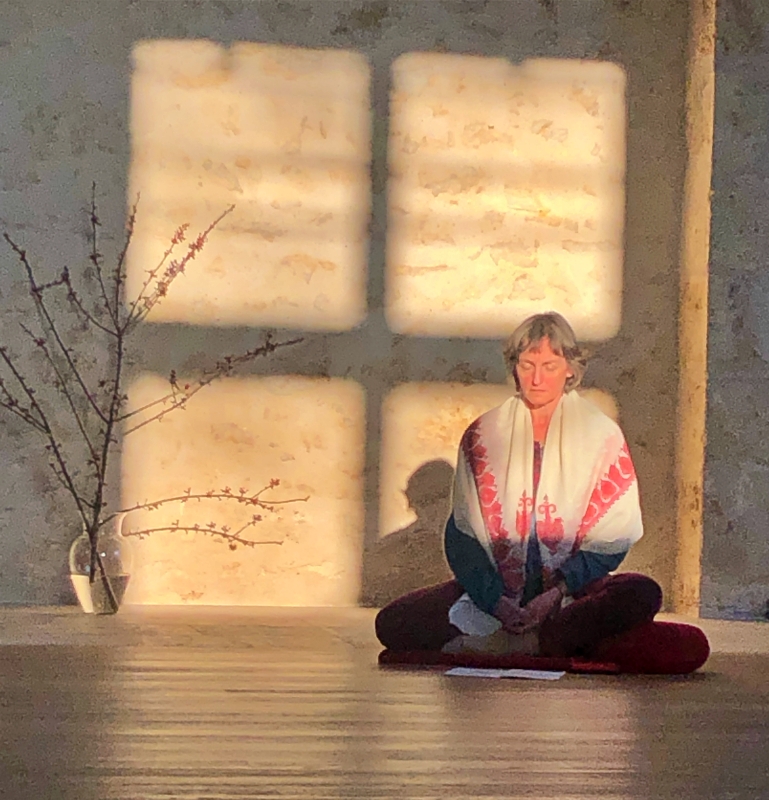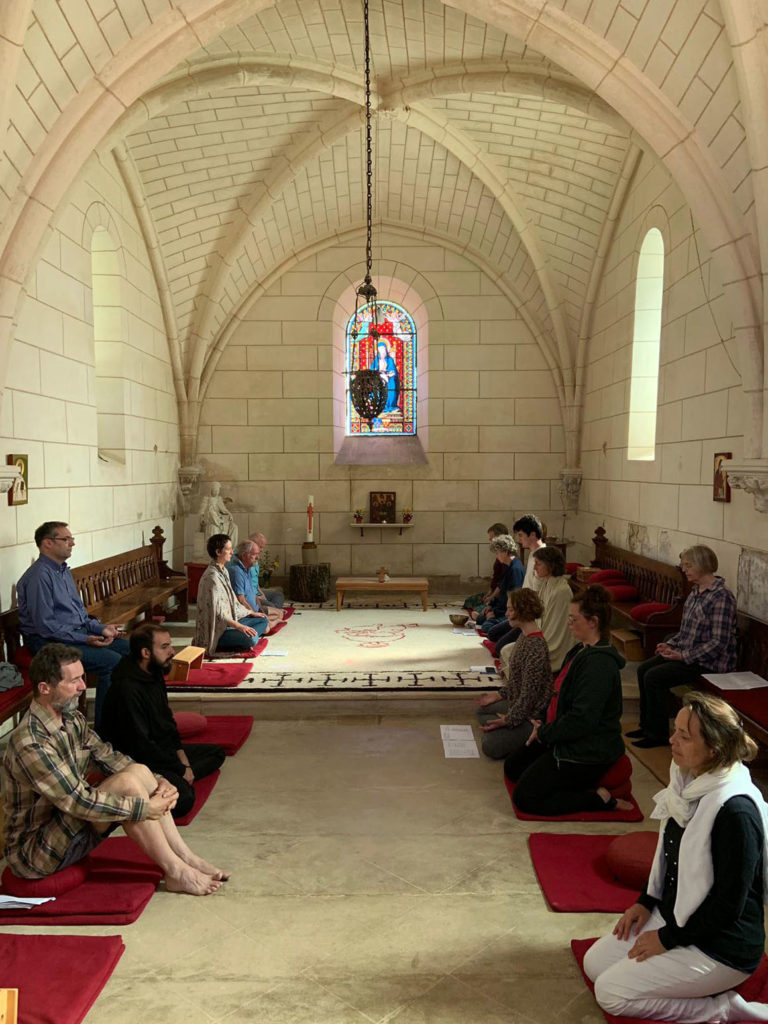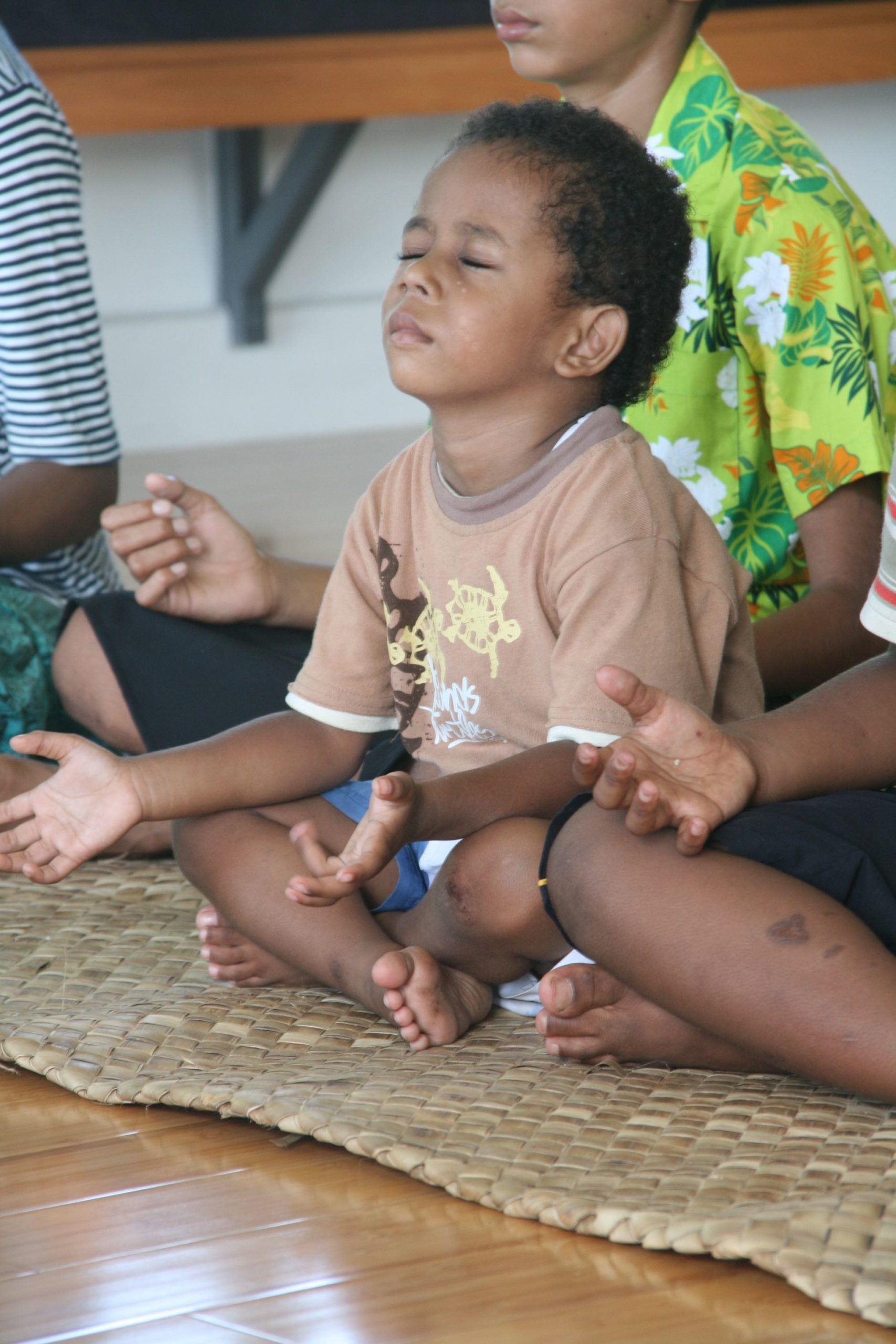What is Meditation?
Meditation is a universal spiritual wisdom and a practice found at the core of all the great religious traditions. It leads the practitioner from mind to heart and to the integration of these two centres of human being. It is not an exoteric complicated or essentially difficult practice. It is a learning process most of which it is in fact unlearning of condition and imaginary responses to reality.
It is a way of simplicity, silence and stillness. It can be practised by anyone who is merely serious about beginning. Soon we learn that we are always beginners. This discovery transforms many interconnected attitudes such as our fear of failure, our craving for success and our reluctance to simply be ourselves.
In the WCCM we teach meditation to children as young as five who understand better than we do what simplicity means. Often it is the young, those on the margins, those struggling with the problems of life who as best able to understand the true and simple wisdom of meditating.
As John Main said, the most important thing is to begin and to keep on beginning.
The Prayer of the Heart

The Contemplative Tradition
Sit down. Sit still with your back straight. Close your eyes lightly. Then interiorly, silently begin to recite a single word – a prayer word or mantra. We recommend the ancient Christian prayer-word “Maranatha”. Say it as four equal syllables. Breathe normally and give your full attention to the word as you say it, silently, gently, faithfully and – above all – simply. The essence of meditation is simplicity. Stay with the same word during the whole meditation and in each meditation day to day. Don’t visualise but listen to the word, as you say it. Let go of all thoughts (even good thoughts), images and other words. Don’t fight your distractions: let them go by saying your word faithfully, gently and attentively and returning to it as soon as you realise you have stopped saying or it or when your attention wanders. Meditate twice a day, morning and evening, for between 20 and 30 minutes. It may take a time to develop this discipline and the support of a tradition and community is always helpful.
John Main
Silence. Stillness. Simplicity: The elements of meditation
Meditate twice a day every day. The daily practice may take some time to develop. Be patient. When you give up, start again. You will find that a weekly meditation group and a connection with a community can help you develop this discipline. It is increasingly a discipline rather than a technique. Experience is the teacher and this allows the benefits and fruits of meditation to pervade your mind and all aspects of your life. John Main said that ‘meditation verifies the truths of your faith in your own experience’.


What are the elements of Christian Meditation?
Firstly, the faith with which you meditate – some sense of personal connection with Jesus.
Secondly, the historical scriptural and theological tradition in which we meditate.
Thirdly, the sense of community it leads to: ‘when two or three pray together in my name, I am there among them.’
Fourthly, the other means by which our spiritual life is nourished: the other enriching forms of prayer like scripture, sacraments and worship. Meditation does not replace other forms of prayer. Quite the reverse, it revives their meaning.
Finally – but this is central to any understanding of meditation – we meditate in order to take the attention off ourselves. (Jesus said, ‘leave self behind’). In the Christian tradition, contemplation is seen as a grace and as a work of reciprocated
Not surprisingly then, we find we become more loving people as a result of meditating. We recognize this happening in all our relationships, in our work and in a deepening empathy and compassion for those in need.
Meditation is both solitary and communal

